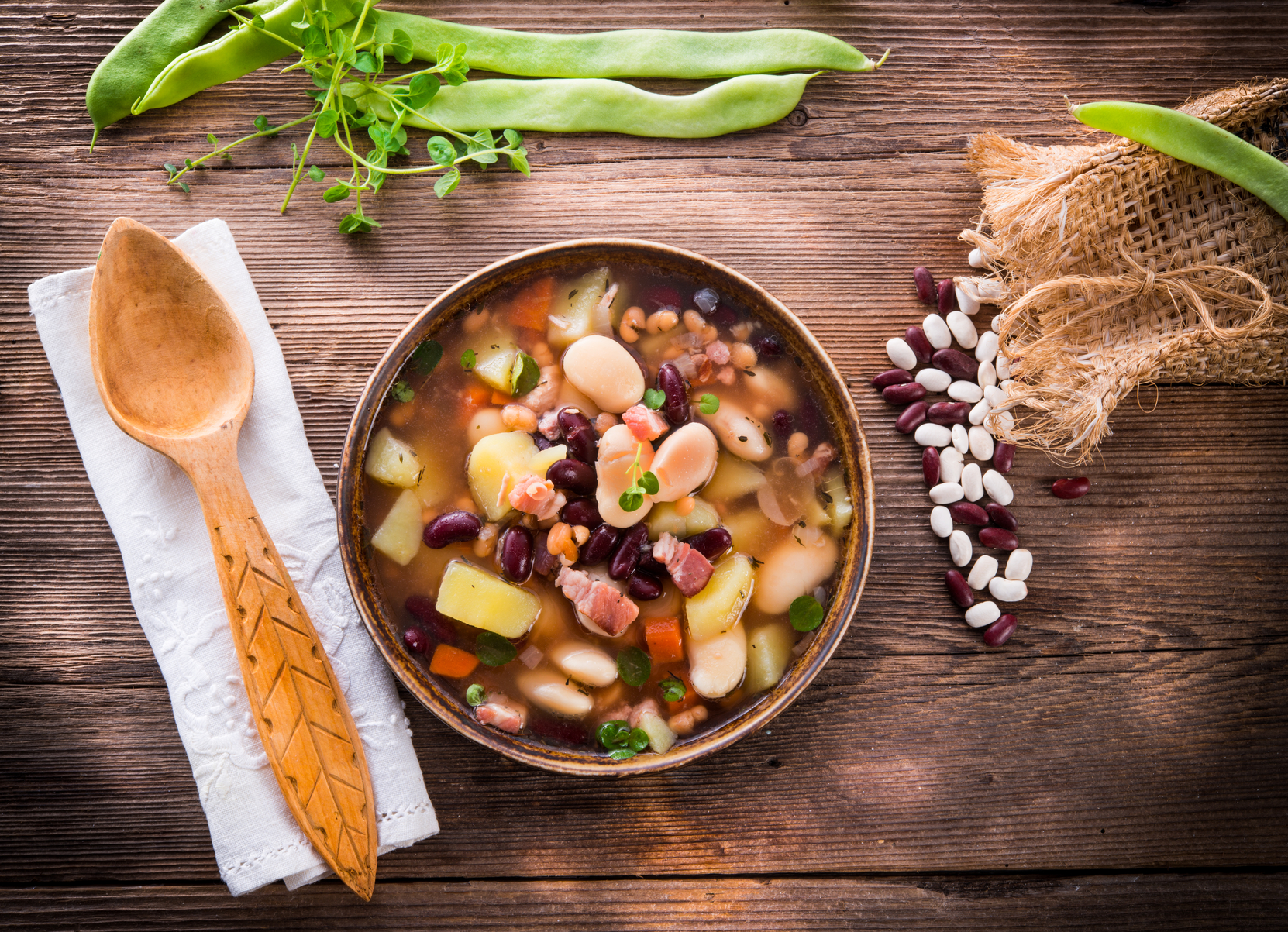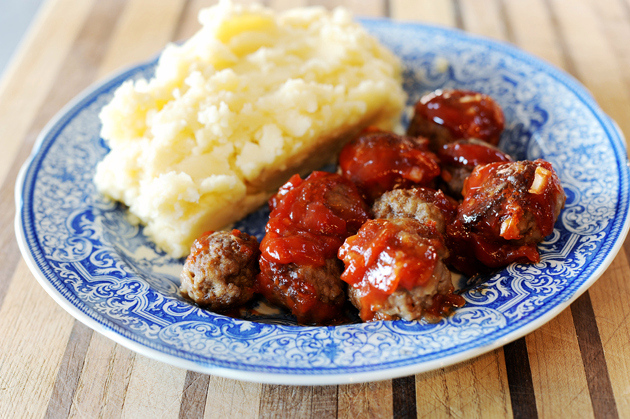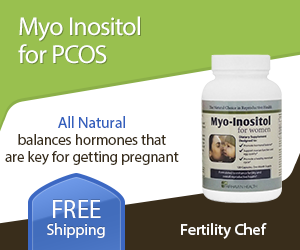 About Ashley
About Ashley
Ashley Levinson – PCOSAA (http://www.pcosaa.org) Co-President
Ashley Levinson has worked diligently with the PCOS Community over the past ten years, starting with a Yahoo group called PCOS Pals, and group moderator on Infertilty.com’s PCOS forum! She also worked with The Polycystic Ovarian Syndrome Association from 1999-2004 in various capacities including Director of Development and Executive Director, Project PCOS from 2006-2008 as founder and COO, Advisory Board Member for PCOStrategies 2002-2004, Advisory Board Member for PAC 2004-2005 and volunteer and Board Member for PCOSAA at present. Ms. Levinson continues to advocate for better treatment and awareness for PCOS with PCOSAA and has made appearances to raise awareness, including: Discovery Health Channel, TLC, Gloucester County Times, 10! Show WCAU, Glamour Magazine as top ten finalist for woman of the year for PCOS Advocacy, Mystery Diagnosis, Livin’ La Vida Low Carb, Pocono Record, Woman’s World Magazine and PCOS Today Magazine. She looks forward to continuing the fight for PCOS Awareness with PCOSAA!
How long did you deal with PCOS symptoms before being diagnosed? What was the trigger for pursuing a diagnosis?
My initial diagnosis of PCOS came from a series of trial and error. At age 13 I had menstrual irregularities that were fairly significant. At the time the OBGYN I was taken to said many girls combat menstrual irregularities and some need help so, at age 13 I was put on birth control pills and remained on them until I was 29 years old when my husband and I decided to start a family. Throughout the duration of being on the pill I noticed some fluctuations with weight gain and acne break outs and also saw some hairs popping up in unusual places like my chin.. However, it was chalked up to it being a coming of age thing and there was never any further investigation as to possible causes for these symptoms. Move forward to age 29, After over 10 years of being on BCPs I went off to start a family. Within a three month period, I gained over 100 pounds, had adult acne and noticed a significant increase in facial hair. On top of this, I was not getting a menstrual cycle and was not pregnant. I immediately starting seeking help starting with my general practioner who insisted I was over eating as a result of anxiety in trying to get pregnant. I moved on to two more doctors who fell in line with this initial theory! I kept explaining I did not change any of my habits to no avail. Finally, I made one more appointment with a young doctor and in opening I said I have been to multiple doctors and have told the story Im about to tell you numerous times I figured one more time isn’t going to hurt. After listening to my story his eyes became wide and he said hang on one minute and walked out of the room. When he returned he had a text book from school in hand and said to me I think this is what you are dealing with and opened to a page of his book that described polycystic ovary syndrome PCOS. He then informed me he did not know much about the syndrome but he would work with me to learn and help me get answers.
What did you know about PCOS before being diagnosed?
At the time I was diagnosed, I knew nothing about PCOS and in turn found out there were not many options to learn about the syndrome. By chance I came across what was then the premiere organization for PCOS, The Polycystic Ovarian Syndrome Association (PCOSA)
At last I had found resources and women who understood what I was going through and immediately was on a path to self education, volunteerism and what would turn out to be over 15 years of advocacy for PCOS with and for the PCOS Community!
How has PCOS affected your relationship with your significant other? How can we increase awareness / sensitivity towards PCOS among men?
I think it is hard for anyone who is not living what you are living to completely understand the impact a syndrome or disease can have on you personally. For many who support you, they have to sit back. offer support and in essence let you go through a very personal process. I was confused, anxious and desperate to find answers and solutions, which put a strain on all of my interpersonal relationships.
Increasing sensitivity and awareness has to mean the individual is accepting of learning with you and for you. As there are many stigmas associated with PCOS, many women and girls are afraid to open up about their experiences and feelings. Until these stigmas are removed, we cannot expect others to understand. However, knowing you are not alone, knowing others are out there dealing with what you are dealing with and being open to sharing stories in turn will increase awareness and sensitivity. That is why in 2006 I decided the need to know outweighed my fear of how people perceived me and I filmed a segment with Discovery Health Channel for Mystery Diagnosis. At the time I was close to 300 pounds.. Below is the link to the segment which still airs on TLC and Discovery Health in reruns. On YouTube it was originally posted as three separate segments which have amassed to over 300,000 views , not counting all that have seen it on T.V. PCOS on Mystery Diagnosis. Also, directing your supporters to reliable resources helps them, help you PCOSAA is a great organization and website dedicated to education, awareness and support of PCOS http://www.pcosaa.org
What lifestyle or diet changes have you had to make and which ones have worked best for you?
It was not until I accepted that I was the one in control of my destiny with PCOS that things changed. I went to The PCOS Center in Philadelphia run by Dr. Katherine Sherif, which offered a multidisciplinary approach to the treatment of PCOS. As an alternative to just taking medications, I was taught that lifestyle changes incorporating diet and exercise were key in controlling the symptomsAs I learned more I turned to a ketogenic based diet which changed my life completely! It has been a long path and I have not finished my journey but, as of today, I have lost over 130 pounds and am getting closer to my goal every day!
Are there any special challenges you have faced treating PCOS?
The biggest challenge was adjusting to the medications I was taking. For months I dealt with horrible stomach issues from the medication regulating my hormones. It became very hard to live a normal life. Again, it wasn’t until I made changes in diet and lifestyle that I felt better and saw real change. I now practice only lifestyle management for PCOS and have been successfully off medications for over six years!
For women interested in trying lifestyle and diet changes as part of their PCOS management, how would you recommend they start?
[Tweet “I now practice only lifestyle management for #PCOS and have been successfully off medications!”] I stared off very simple, I wore a pedometer and made it my goal to take 10,000 steps a day, which in turn helped me start to get motivated and loose weight. Over time, steps turned into a jog, then into a run and working out at the gym. In addition I started to pay attention to the nutritional needs of my body realizing a diet was not meant to starve my body but to nourish it with the proper foods.I cut out most carbohydrates and sugars and increased my intake of lean proteins and vegetables… and saw drastic changes day by day! Bottom line just as varied as the symptoms, are the solutions find what works best for you and take your time getting to where you want to be. Nothing happens over night, realizing this is the biggest and most valuable step you can take!
What is your favourite PCOS fighting recipe?
Well I am a big fan of chocolate and truly believe you have to treat yourself so my favorite recipe is The Paleo Chocolate Cake (Grain, Gluten, Dairy Free), Guilt Free Satisfaction!!!
What is your favourite fitness routine?
I incorporate a routine of 30 minutes of cardio, which helps burn fat and 30 minutes of strength training to increase muscle. Muscle, while it may scare some women helps lower androgen levels and balance hormones!
Is there anything else you would like to share with our readers? Any other signs and symptoms, methods for successful weight loss, fertility treatments and outcomes, etc.?
For Women and Girls with Polycystic Ovary Syndrome (PCOS) accepting, learning and understanding PCOS can sometimes be a daunting task. However, armed with the proper tools and support, women and girls are able to make the right choices for their long term care.
With that being said, Where does one start?
1. Knowledge….
Knowledge is power.. There more you know about Polycystic Ovary Syndrome (PCOS) the better equipped you are to make the right decisions when it comes to your healthcare. The mere acceptance of the first solution thrown at you is not always the best path for you.
2. Exploring Treatment Options….
For some, medications are a necessity and solution to overcome the symptoms and overall cause of PCOS while for others a more natural approach seems to be the key!
Treatment goals are based on your symptoms, whether or not you want to become pregnant, and lowering your chances of getting heart disease and diabetes. Many women will need a combination of treatments to meet these goals.
3. Acceptance…
Many women with PCOS have difficulty accepting PCOS because the feel different, ashamed and set apart from what is considered to be the norm. But, when we think about it, what is normal???
You have the ability to overcome! As with anything else in life.. you learn, you research and you fight!!!!
What’s the one message that you think our readers should take-away if they are diagnosed with PCOS?
Accept PCOS and ACCEPT who you are and where you are in life. Know you are not alone and within you is the power to make change!!

 About Ashley
About Ashley



I have a good friend with PCOS and it is expvisnee. I would actually move it up higher in your priorities list. Having kids in your 30s can be difficult especially if you want more than one. Also, I hope you don’t mind this advice from someone (me) much older than you. I know many many women who quit work after having kids so their degree is essentially wasted. They’re still paying off loans after they quit the workforce. You may go back someday’ but the degree may not help much. Of course this is a moot point if you plan to continue working with kids.